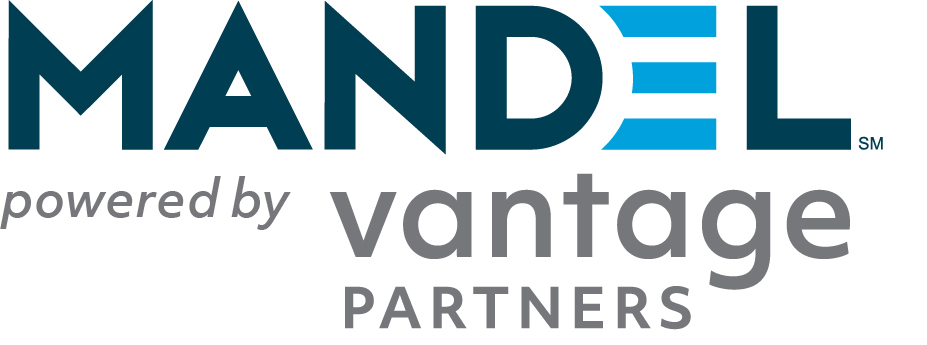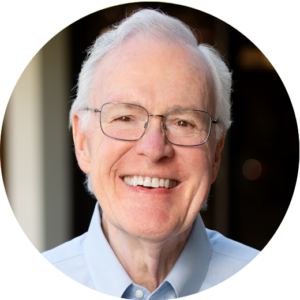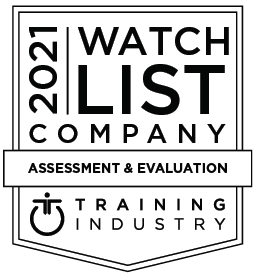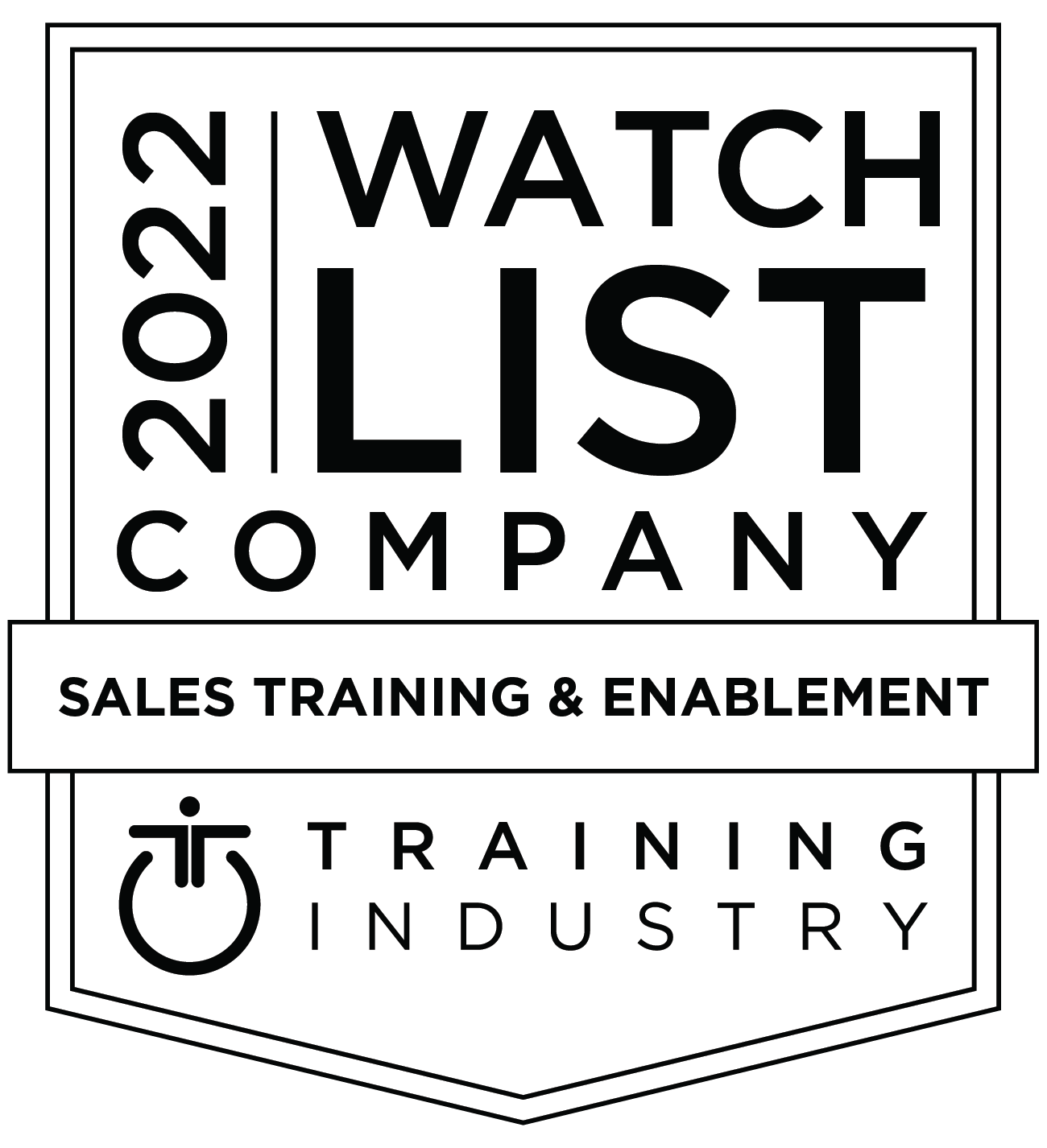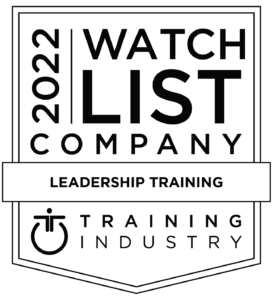In 2018, you matter, and…it may be harder than ever to “be heard and understood.”
We all want 2018 to be our “best year ever!” professionally and personally.
Fortunately, this new year looks like it offers great potential for record-setting successes.
Yet, if your job description includes words like “communicate,” “lead,” “manage,” “sell,” “influence,” or “collaborate,” this moment in time presents serious hindrances for you.
Why more difficult now?
Just observe the world of work as best you can—inside and outside of your company.
Mindshare is under siege. The work arena is increasingly frantic, fraught with change, time crushed, personally stressful, interruptive, disrupted, uncertain, often scary, and sometimes dangerous.
At the same time, the atmosphere can seem strangely exciting and potentially a highly rewarding place to grow and advance—maybe. Uncertainty prevails.
Every day, you will be required to launch your verbal and digital communications into that dense mix of confounding confluences and prove your relevance immediately.
No easy job anytime. Very hard right now.
The task of most important communicators is to:
-
- Get yourself heard.
- Get your ideas understood.
- Get your ideas accepted.
- Get your ideas supported and acted upon by others.
With the intense competition for mindshare today, the task is tougher than ever to get that “stubborn string” of four consecutive results and next steps started and sustained.
Attention spans are heading toward tiny, and “Yes” is hard to find.
In 2018, at the exact moment you need to communicate, your intended receivers predictably may not be ready, willing, or eager for you and your ideas to arrive, no matter who you are.
You will need to prove your content’s relevance in a remarkably thin slice of time. . . or be asked to go take a seat in their idea “lobby,” perhaps never to get your turn again.
People to whom you are communicating are rushed and their minds are full.
Most have little discretionary time to invest.
They have no willingness to chase a talker’s mind around the room trying to find relevance in what’s being said.
Many people at work right now have a tendency to say “No” quickly (sometimes almost in knee-jerk fashion) if they can rationalize it. It’s reactive self-defense.
Why do they want to add you to their load?
There are no do-overs.
To hear a “Yes” you will need to have formulated clear and compelling ideas, with lots of immediately obvious upside positives regarding things that your listeners really “care about.”
(Hopefully, you’ve found issues that they “deeply” care about.)
Otherwise, your odds are perilously low for getting any agreement from your listeners to any next steps that you propose.
That’s true, even if you believe the idea you offer is potentially the best idea they might hear all year.
Unless they can quickly comprehend obvious and meaningful value to their “care-abouts,” they just won’t let your idea stay in the game long enough for you to prove how great it is.
You see it at your work.
It’s all too common for communicators to drift off of their listeners’ wants and needs into “stuff” and content that the communicators like to hear themselves talk about.
Result: Goodbye!
A second chance “do-over” is wishful thinking.
The way forward? It’s vital to understand to be understood.
Your best hope for cutting through 2018’s increasing competition for mindshare is:
-
- Demonstrate immediately that you deeply understand the unique and specific wants and needs of your listeners, then
- Relentlessly wrap everything else you say, in conversations and in presentations, meaningfully around those wants and needs.
Communicators need to THINK clearly, critically, and insightfully before every important communication to understand and put the wants and needs of others into such sharp focus.
That level of thinking will empower you to project a rock-solid understanding of your listeners’ current situation, including the complications and challenges they face and the risk/reward implications of your ideas to them.
Only then, after you have proven that you “get it” about them and their personal and business context, will they be truly open to hearing your position and recommendations on the subject.
Only then, will they lower their resistance to taking the desired actions that you want them to take.
Only then, will they be willing to find the benefits offered by you to be relevant and potentially real.
Practice where it’s safe.
Before every communication that matters, get in the habit of practicing with wise feedback to verbalize and perfect your facileness with your content.
(You don’t want to miss this prep step and be forced to “practice in front of your listeners” in prime time. You’ve seen that happen at work, and it’s regularly not pretty.)
Get help to those who need it.
In most populations, essential communication skills can be found naturally distributed along a normal curve of competency. Yet under stress, it’s typical for most of us to backslide significantly down the scale from our natural spot.
Fortunately, almost anyone, if they choose to do so, can become consistently more effective at truly BEING HEARD AND UNDERSTOOD, even when they are under stress and duress.
In fact, most people can not only get better, they can get much better and move far up the scale of effectiveness.
There are methods to massively increase your odds of success in 2018 and beyond in increasingly complex communication environments.
As past Mandel training participants reading this blog know, Mandel can provide you and your organization with the essential methods, skills, and tools, including the game-changing Mandel Communications THINKING TOOL.
I and all my Mandel colleagues worldwide wish you, your colleagues, and your organization the greatest of successes in 2018 and beyond.
Sincerely,
Ed
